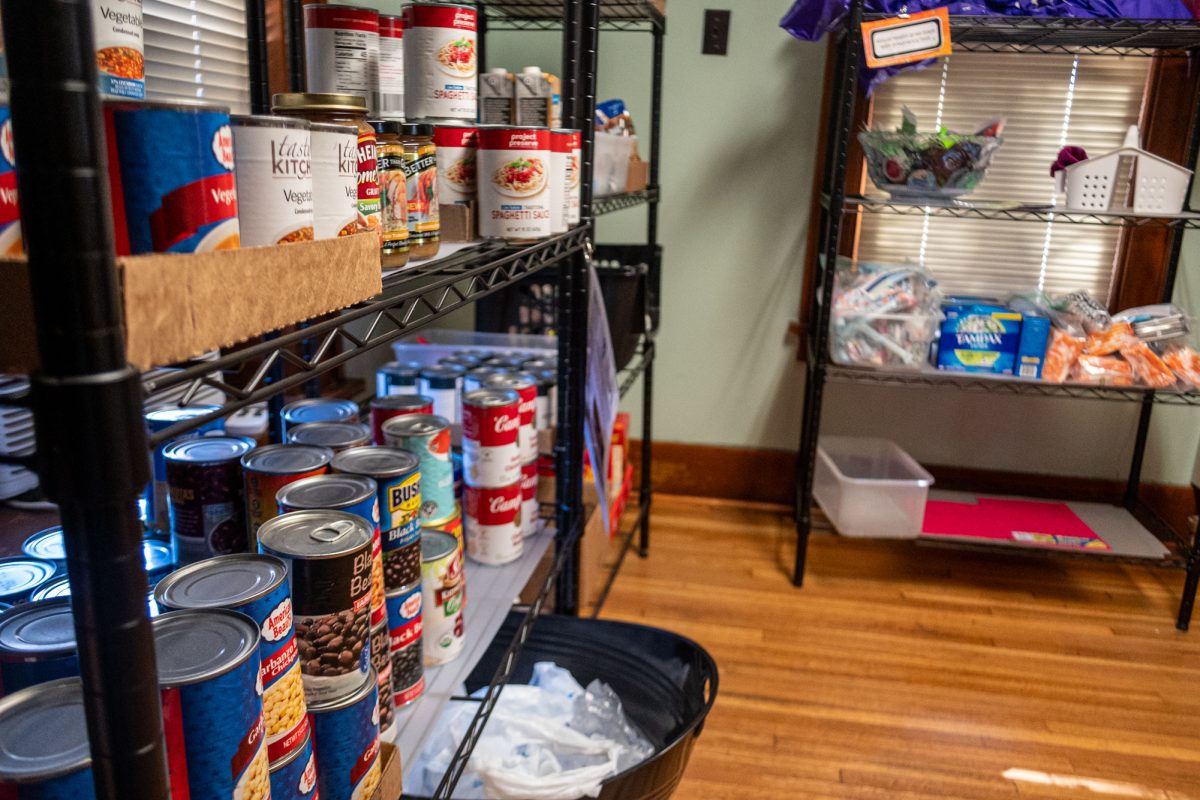EDITORIAL: Legislature needs to squelch meth now
January 26, 2005
Iowa has a meth problem.
According to the federal Drug Enforcement Administration, Iowa ranks second in the nation in meth lab incidents per capita and third overall. We have the fourth-highest rate of meth addiction in the nation. Between 2002 and 2004, the Iowa Department of Human Services reported 960 cases of child abuse because of parental methamphetamine production issues. This problem has been building for awhile, and measures to stop its growth have so far fallen short.
It is thus a welcome sign to see corrective action being taken on so many levels. The governor and the state Legislature have taken up the issue, attempting to emulate the success of Oklahoma in reducing clandestine lab problems by restricting access to pseudoephedrine, an ingredient common in over-the-counter cold remedies and one of principle precursors of methamphetamine. Sens. Charles Grassley and Tom Harkin are taking up the problem in much the same way at the federal level. And some Iowa counties, including Polk and Dallas, have adopted similar rules while we wait for results in the state and national legislatures.
The basic effect of these proposed regulations is to limit the sale of items containing meth-ready pseudoephedrine to pharmacies, where purchasers would be required to show identification and sign a registry. This registry would be available to police officers investigating potential meth labs. Although some civil rights groups have raised concerns about privacy rights, it seems unlikely that knowing when someone has the sniffles would lead to serious problems.
Iowa House Majority Leader Chuck Gipp, R-Decorah, would like to create an electronic network between retailers so that they could determine if someone is buying medicine all over town (an idea with potential but impractical right now). State Sen. Stu Iverson, R-Dows, believes that drug companies’ progress in making effective cold products that do not use pseudoephedrine could be a solution to the problem. This discounts the fact that drug company developments have little relevance to the precursor issue, as those companies have no current plans to stop selling the problematic medications, whether newer options are available or not.
Gov. Tom Vilsack has expressed his frustration with these objections, and rightfully so. Oklahoma has cut its meth lab seizures in half, and analysts say Iowa could duplicate those results. This would save the state more than $2 million in cleanup costs alone, not to mention the myriad health and safety benefits from reducing the production of toxic waste and the danger of explosions associated with these labs. On top of all that, it is hard to see how a reduction in labs would not lead to a reduction in overall use. With pseudoephedrine-free cold remedies making their way to the market now, this change will have almost no negative impact on Iowans. This is good policy, and it is time for the state Legislature to get behind it.






